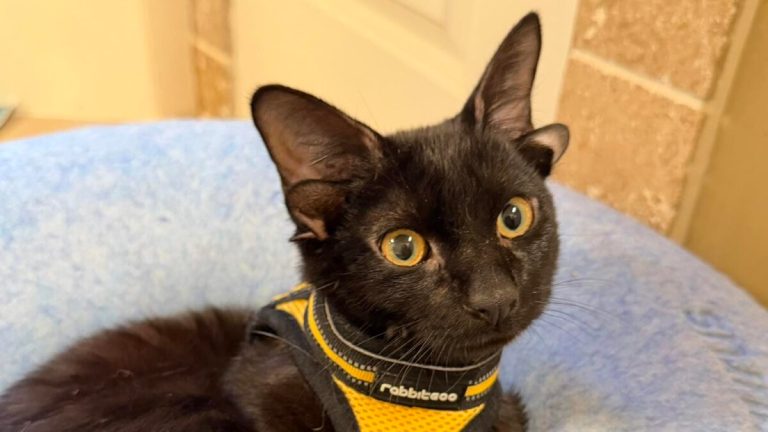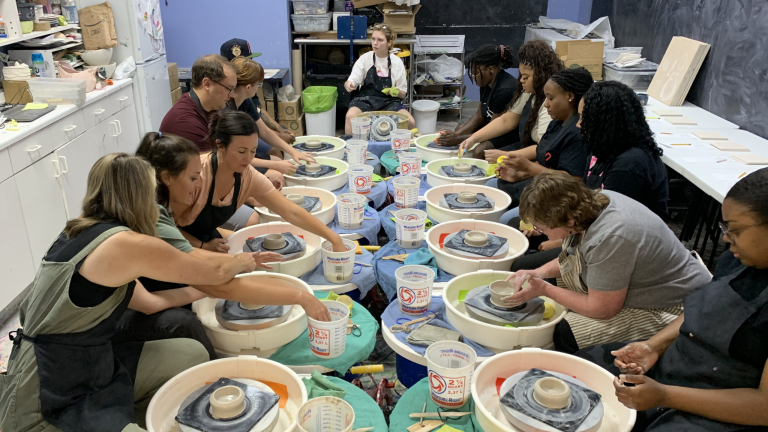Reviewed by: Mary Helene Hall
Partnerships help save the watercress darter, one of rarest fish in the world
Reading time: 3 minutes

Looking for some good news about conservation and our community? Check out this one we just received from the Black Warrior Riverkeeper and Freshwater Land Trust (FLT) about one of the rarest fish on planet Earth found only in the Black Warrior watershed in Jefferson County: the watercress darter.
Protecting the watercress darter
This beautiful fish, less than 2 inches in size, resides in only a few streams, including one in the Powderly neighborhood in west Birmingham.
The story begins in 2018, when Emily Godsey bought a 26.1 acre tract in Powderly, which contains 228 feet of Seven Springs, which is known habitat for watercress darters.
In 2021, Godsey generously placed the land in a conservation easement (CE) with FLT, which is a voluntary, legally binding agreement between a landowner and a qualified organization, such as a land trust.
This action restricts future land development in order to protect the land for conservation purposes — forever.
Stewardship of the watercress darter

As a result of this arrangement, FLT manages the stewardship of this very sensitive property with funding from two supplemental environmental projects (SEPs) given to the land trust as a result of Black Warrior Riverkeeper’s successful completion of two previous water pollution lawsuits.
“This conservation easement helps safeguard watercress darter habitat and promote the long-term survival of the species. We are glad that the funds resulting from these pollution lawsuits are going towards Freshwater Land Trust’s valuable work in the watershed and the Powderly community.”
Katie Holmes, Outreach Coordinator of Black Warrior Riverkeeper
And the story doesn’t end there. Thanks to those SEPs, massive stewardship work has been done on the property to protect the rare fish.
It includes:
- Removal of invasive plants such as Chinese privet, mimosa, Bradford pear and autumn olive, that were choking the streams and fish on the property
- Removal of 1,416 tires (approx. 42,480 pounds!) and 129 tons (258,000 pounds!) of trash from the Godsey CE and an adjoining property by Action Environmental
- Entrances used by would-be trash dumpers have now been blocked to further help protect the darters and their habitat
In addition to cleaning up the streams and land, back in April, Yale biologists discovered a new fish on the property never before identified. They named it Etheostoma birminghamense or for us laypeople — the Birmingham Darter.
Partnerships preserve a special place

All this good work has occurred because of partnerships. Emily Godsey summed it up best:
“It requires the intentional partnership of many caring people to preserve our land and species. We must work together to protect these precious parts of our world for future generations.”
And in Powderly, here in the Black Warrior watershed, that is exactly what has been done.



